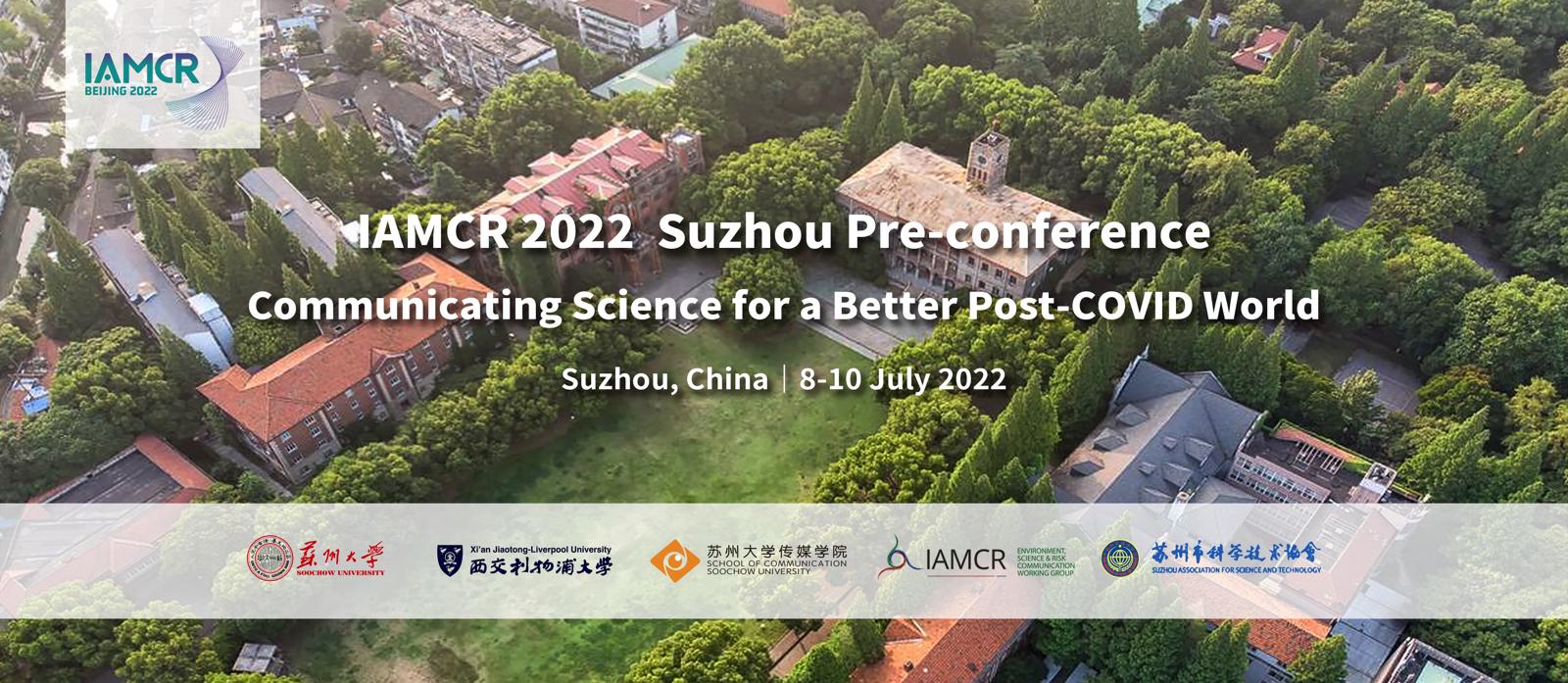This project investigates intercultural similarities and differences of attitudes toward privacy in COVID-19 anti-pandemic actions. It uses the framework of Hofstede’s cultural dimensions and survey research to predict how the people in China and the United States balance their need for privacy with their willingness to disclose personal information for anti-pandemic contact tracing. Analysis will include correlations between cultural characteristics and privacy attitudes within each country as well as comparisons between the two countries. Moderating variables such as perceived efficacy of contact tracing apps are considered.
In this project, we collect individuals’ attitudes toward these surveillance apps, particularly in regard to privacy. We adopt Hofstede’s model of cultural dimensions as our theoretical framework. Hofstede and his colleagues (n.d, & 2004) proposed six dimensions to analyze national cultures, stating that “culture is defined as the collective mental programming of the human mind which distinguishes one group of people from another. This programming influences patterns of thinking which are reflected in the meaning people attach to various aspects of life and which become crystallised in the institutions of a society” (Hostede, n.d.). This theoretical model has been used by other scholars to compare and explain nations’ pandemic circumstances and struggles (e.g., Gokemen, Baskici, & Ercil, 2020; Chen & Biswas, 2022). However, most existing literature is focused on the relation between the general pandemic situation and national culture at a societal level. Few focus on specific psychological mechanisms. We consider the psychological concept of attitude in relation to two of Hofstede’s separate yet intertwined dimensions: individualism vs. collectivism and power distance. China and the USA form a sharp contrast in these dimensions. China is a highly collectivistic (scored 20) country with a larger power distance (scored 80), while the USA is more individualistic (scored 91) with a smaller power distance (scored 40). That means individuals in China may not challenge governmental requirements as much, and they may care less about individual rights for the sake of societal interests.
In this research, we have three hypotheses.
H1: Individuals’ concern about privacy in the pandemic is negatively correlated with their culture’s score of power distance.
H2: Individual’s concern about privacy in the pandemic is positively correlated with the culture’s score of individualism.
H3: A culture’s concerns with privacy is negatively correlated with the effectiveness of anti-pandemic contact-tracing strategies.
Data Collection Methods
We will use online surveys to collect data from college students in China and the U.S.
The sutdy is still in process. We will have the results by the conference time.

 京公网安备 11010802039275号
京公网安备 11010802039275号